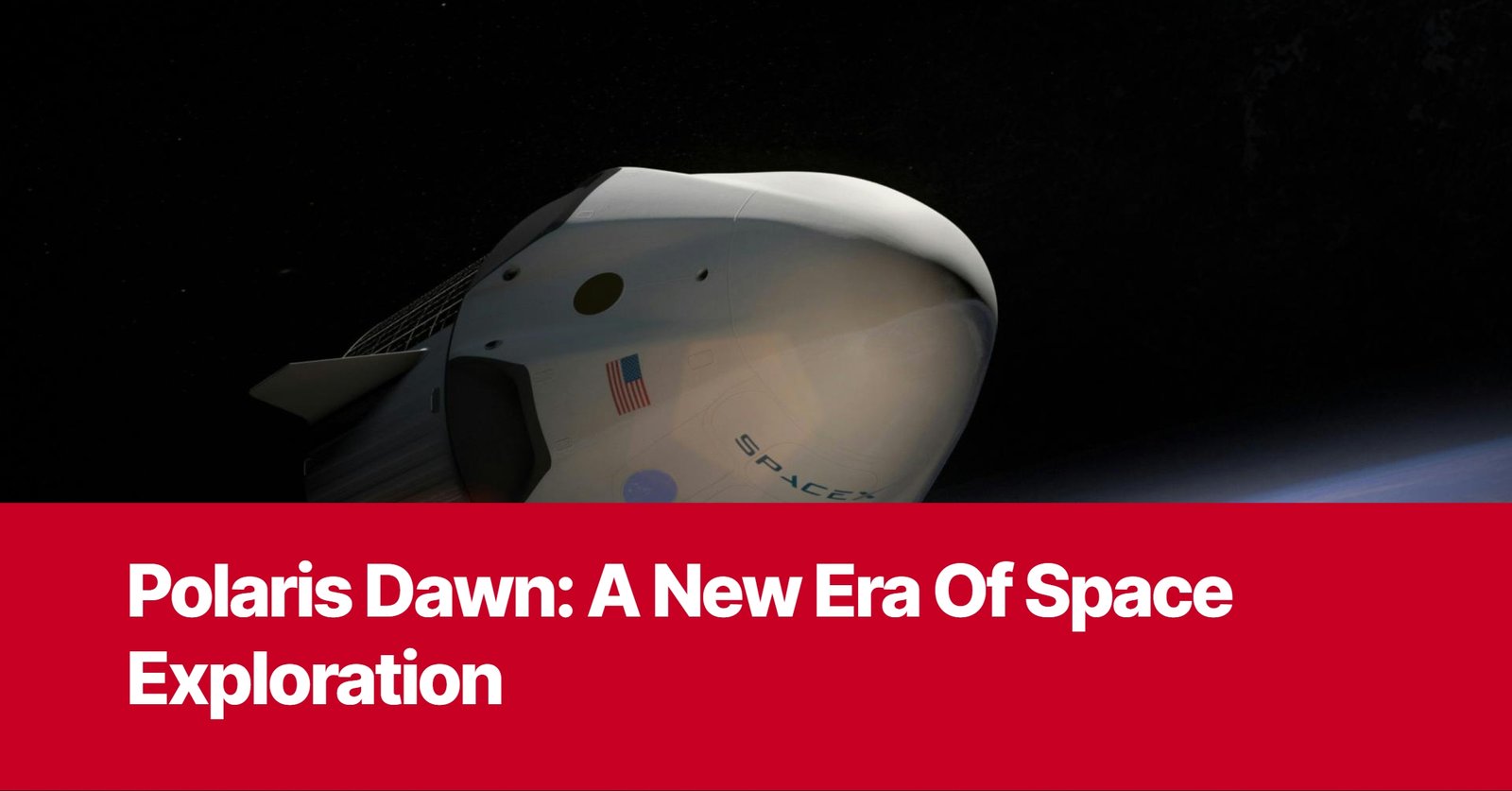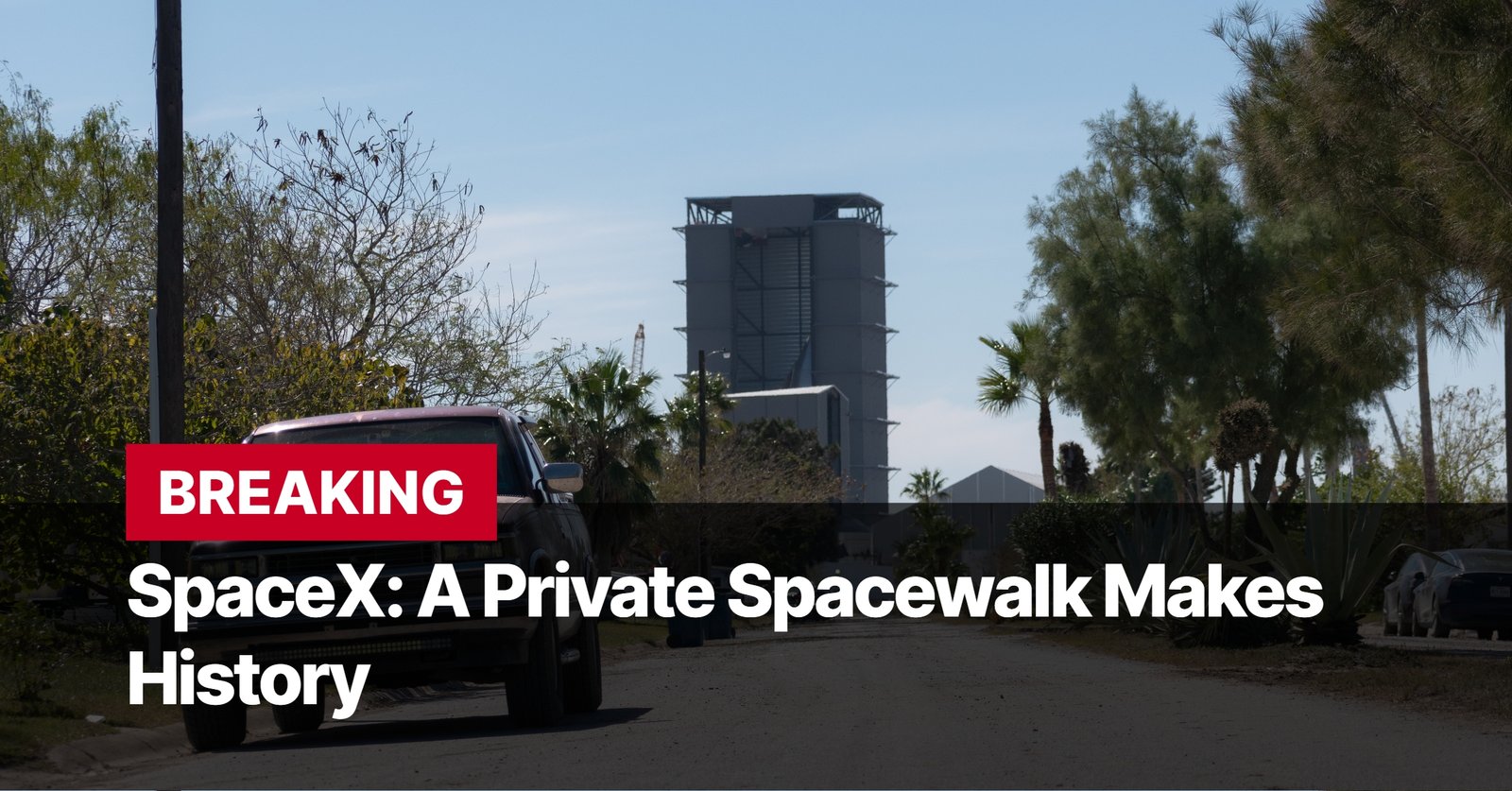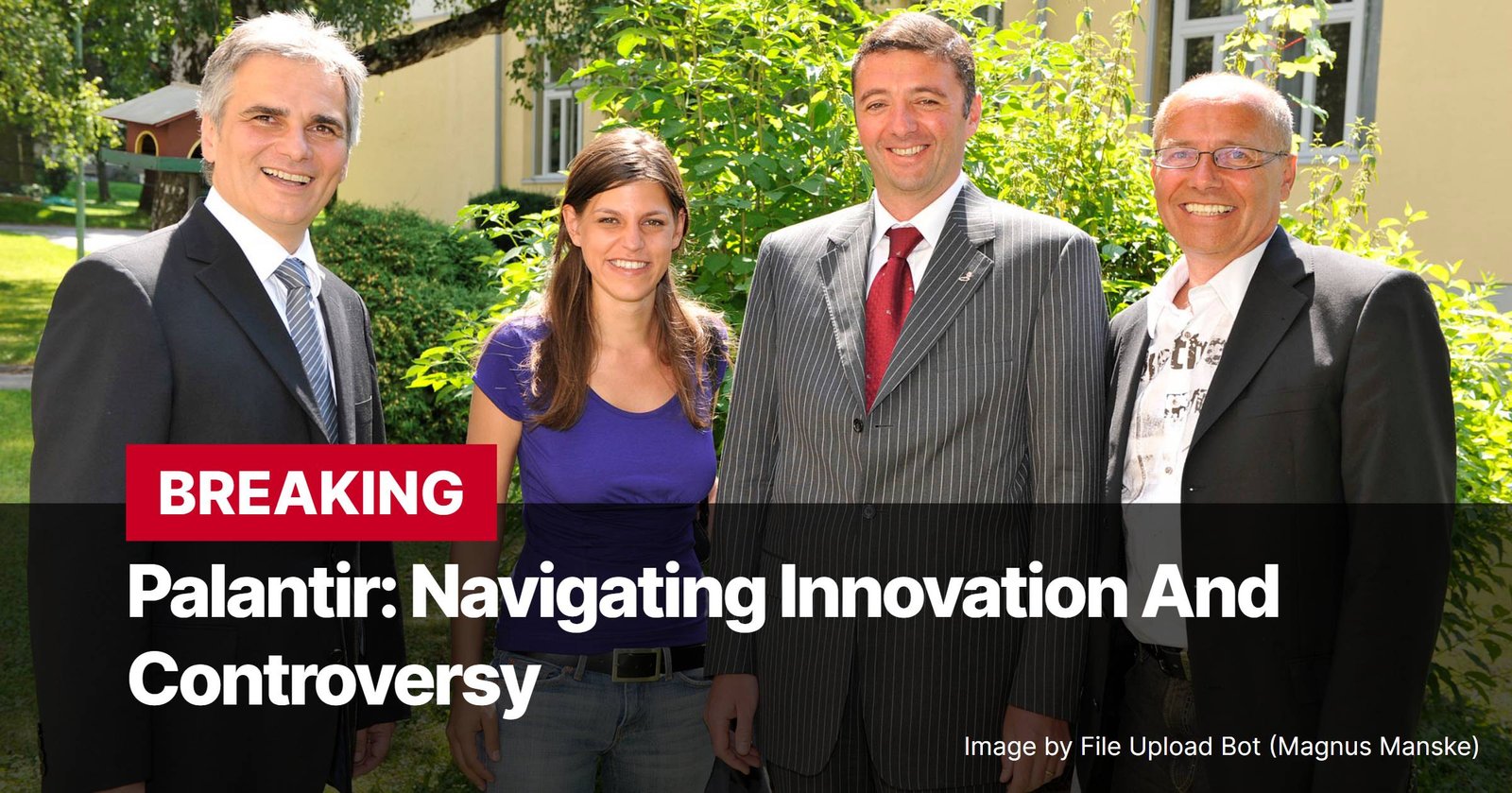The world watched in awe as a private crew, led by a billionaire entrepreneur, embarked on a groundbreaking mission, marking a pivotal moment in the history of space exploration. This audacious venture, known as Polaris Dawn, was not just about reaching orbit – it was about pushing the boundaries of human spaceflight, with the primary goal of achieving the world’s first-ever private spacewalk.
Just a few days ago, on September 10th, 2024, a SpaceX Falcon 9 rocket roared off the launchpad, carrying the four-person Polaris Dawn crew into Earth’s orbit. This mission was distinct from previous commercial spaceflights, aiming to test new technologies and protocols for future private space exploration.
The mission’s centerpiece, however, was the planned spacewalk. This was not a routine endeavor; it required rigorous training, specialized equipment, and a high level of coordination. The spacewalk was designed to assess the capabilities of SpaceX’s newly developed spacewalk suit, visually similar to the company’s signature black-and-white spacesuits used inside the spacecraft. This was a critical test, as it signaled SpaceX’s commitment to expanding its role in private space exploration and offered a glimpse into the company’s vision for future missions.
The spacewalk took place on the third day of the mission, marking a significant achievement for the private spaceflight industry. The crewmembers spent approximately two hours outside the spacecraft, testing the functionality and maneuverability of their suits, gathering vital data that will contribute to future space exploration endeavors.
This ambitious project serves as a testament to the growing influence of private companies in the space sector. The Polaris Dawn mission, with its focus on private spacewalks and innovative technologies, signifies a shift towards a more commercially driven future for space exploration.
In addition to the historic spacewalk, the Polaris Dawn mission also included a variety of other experiments and demonstrations, including a test of SpaceX’s Starlink satellite internet network. This ambitious endeavor highlighted the company’s commitment to developing space technologies that can benefit people on Earth, such as providing reliable high-speed internet connectivity to remote areas.

The success of the Polaris Dawn mission has sparked a wave of excitement and speculation within the space community. It has demonstrated the potential for private companies to contribute significantly to the future of space exploration, leading to advancements in technology, scientific research, and even space tourism. As the private sector continues to invest in space exploration, we can expect to see even more innovative and groundbreaking missions in the years to come.



















